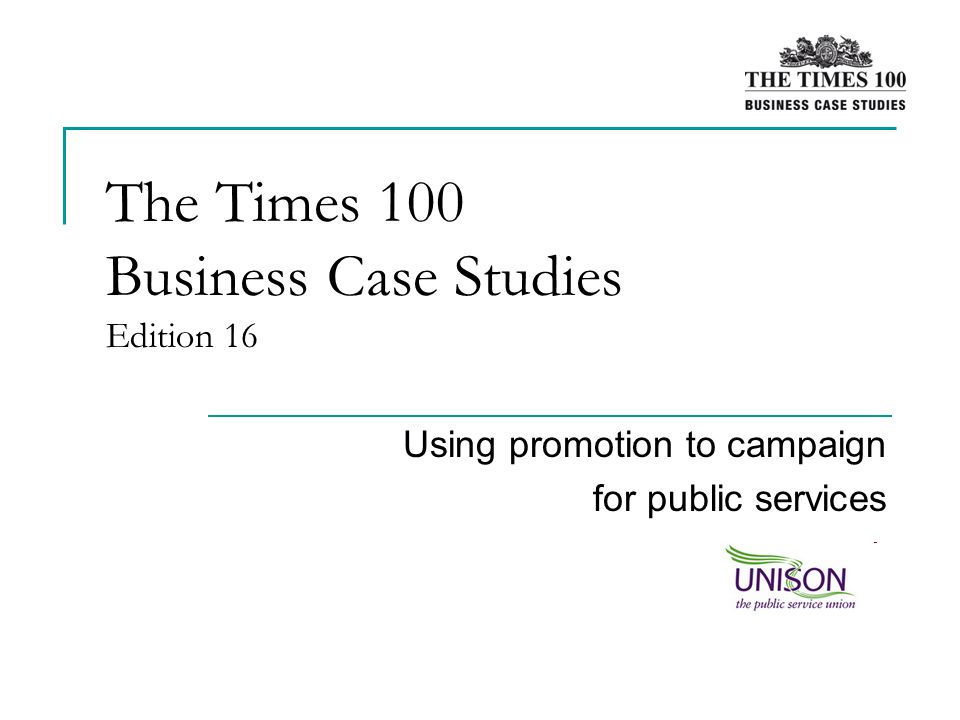
There are many topics that educators can use. These topics include diversity, inclusion and Restorative justice. Personalized learning is also relevant. Conflict management is another. Online resources are some of the most valuable for educators. You can find many activities for students to engage in by visiting the Hot Topics series. Participation in these activities could earn you professional development credits.
Restorative justice
Restorative Justice is a different approach. This focuses on the repair of the victim/perpetrator relationship. It places an emphasis heavily on the victim's part in the justice process. In previous paradigms, victims were often excluded from the process. This approach involves victim in the process and encourages them use support systems as well as reparation. This approach encourages victims to talk with their perpetrators, which will help them repair any harm they may cause.
The use of restorative techniques is a good way to reduce violence, and encourage peaceful conflict resolution. This is not an immediate fix. It is a process that requires a commitment from the whole school community to make it work.
Diversity and inclusion
Diversity and inclusion are key elements in creating a diverse workforce. These topics address understanding differences in racial, ethnic, and gender backgrounds, as well as creating an inclusive environment. These topics are important as people from different cultures have their own ways of expressing themselves through art, clothing, and language. They are also crucial for LGBTQ+ inclusion. These topics can be incorporated into your professional development plans to help you create an inclusive workplace.

Organisations can increase morale as well as improve their bottom lines by training in diversity and inclusiveness. Companies are increasingly aligning diversity efforts and inclusion strategies with their business strategies. Training in inclusion helps employees to be more aware of their biases and create inclusive environments which foster innovation, productivity and problem solving.
Personalized learning
Personalized learning is, as its name suggests, tailored to the individual needs of students. Students who share similar interests collaborate on projects that help them develop leadership skills, communication, cooperation and cooperation. Teachers guide students and keep track of their progress. This allows educators to spend less time lecturing and more time supporting each student's individual progress.
Personalized learning can improve student engagement by allowing them the opportunity to learn a new set of skills. Based on their learning preferences, skills and learning style, students can select the learning resources that best suit them. They can also choose how to show mastery. One student might make an educational resource that he can share with his classmates. Another might write a traditional paper.
Conflict management
Conflict management skills are essential to managing conflict at work. This can easily be done by attending workshops or taking courses on conflict management. These workshops might include role-playing exercises as well as various conflict management methods. These workshops may also include training on conflict management techniques, such as role-playing exercises.
Training in conflict management will help employees learn to manage conflict and negotiate. The trick is to find the compromise that doesn't violate company policy or damage your brand. To do this, a program must use real-life examples to help employees understand how to use compromise tactics, while letting logic win out over emotional responses. An example of this is where two employees disagree over a policy. They end up in an internal meeting. They will improve their conflict resolution skills by working together to find a solution that is acceptable for all.

Public speaking
Professional development is incomplete without learning how to speak in public. The process is not easy but can be rewarding in the long-term. This can allow you to share your ideas with a wider audience than what you can reach by email. Even experts will need practice to perfect their delivery.
Speaking in public can make you more confident. Employers will pay attention to you if it is easy to communicate your ideas clearly. It may help you get promoted. If you're confident and have good communication skills, you're more likely to be viewed as a leader or mentor.